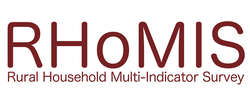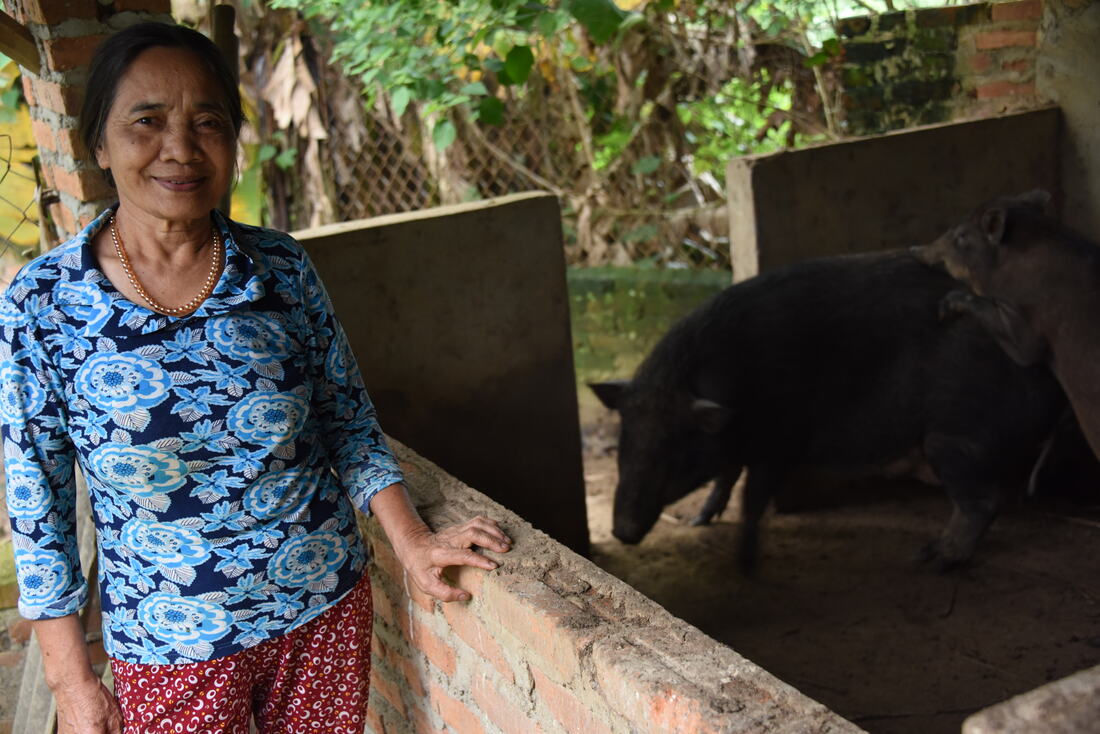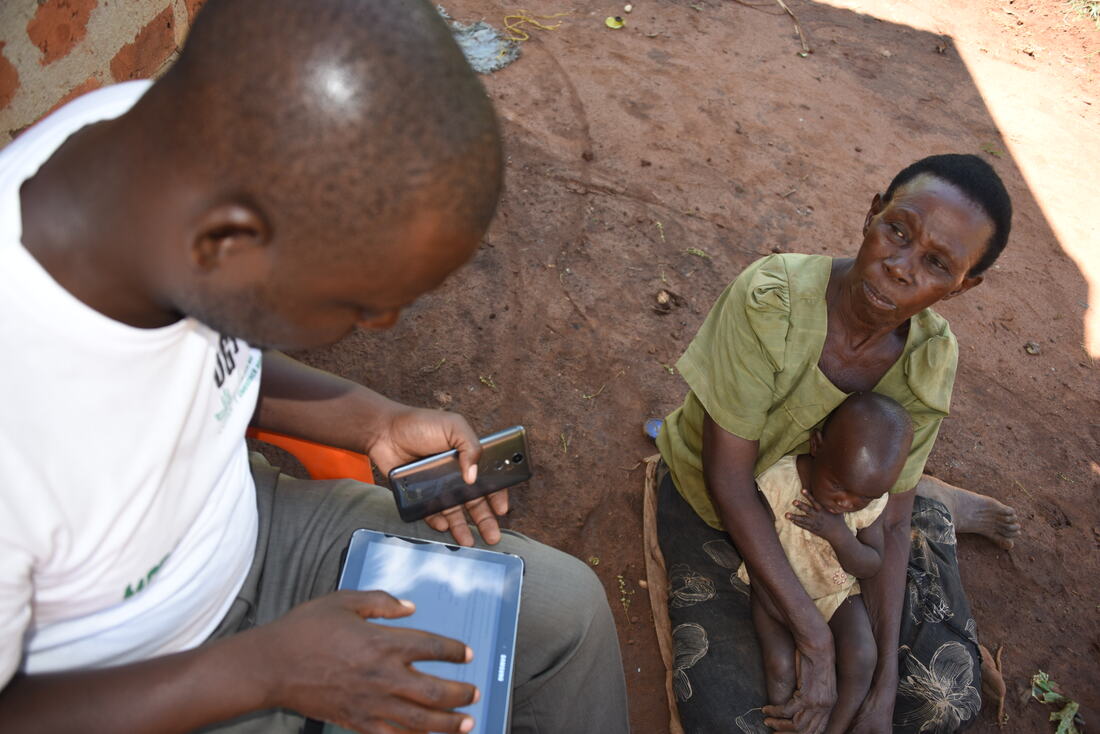|
Editor: In this month's blog article, we have asked Nils Teufel to share his work on a Nutrition research project in Uganda and Vietnam. The project utilises RHoMIS to look at food and nutrition security. A major focus of the research is to test diet recall and reporting accuracy over a 12 month period. The study in Uganda is beginning in August, while Vietnam began in March 2019. The food and nutrition security modules of RHoMIS are critical for many evaluation studies as they provide data for the determination of major livelihood indicators. The core RHoMIS survey includes two main food insecurity indicators: the Food Insecurity Experience Scale (FIES) promoted by the FAO as an index of household exposure to food insecurity; and the Household Diet Diversity Score (HDDS), which is based on the concept of using the number of food groups consumed to evaluate a human diet. These indicators cluster foods of similar nutritional characteristics into groups, such as starchy, vegetable, fruit, dairy or eggs. Particular attention is given to foods providing vitamins and minerals, such as orange-coloured vegetables which are rich in vitamin A, which then form their own group. In the case of household diet diversity, the score is interpreted as a measure of food security: the ability of a household to access food of sufficient quantity and quality, while an individual’s diet diversity is interpreted to characterise this person’s quality of diet, or nutritional security.
Seasonal scarcities and stresses in food availability can have considerable impacts on households’ well-being and are critical factors in determining food insecurity and malnutrition. However, within nutrition research, recall periods of more than a week are generally avoided to ensure sufficient data quality, especially in regard to detailed diet information. It is assumed that remembering accurately which foods a household or an individual has consumed at a time several months past is too difficult and that the recall errors included in such data would bias any interpretation of results Therefore, the diet diversity results of RHoMIS data have often been questioned. To test how far the recall error may compromise data collection on diet diversity with recall periods of up to 12 months a dedicated study has been initiated in Vietnam and Uganda including 200 households in each country. The objective of the study is to compare diet diversity data collected for the immediate past with data collected from the same household over a 12 month recall period. In addition, the concept of identifying months with the most favourable and the most difficult food security situation will be tested by comparing current diet diversity data with the RHoMIS identification of these months. Finally, it appears that diet diversity may be systematically underreported for the most difficult month. This will also be tested.
So far, they have been collecting data mainly on pig production and pig breeding activities. In addition to the specific research objectives of testing diet diversity recall, the RHoMIS data will provide farming systems and household livelihood data to this project to put pig production and breeding results into a systems and social context.
From a research perspective, this study is a great opportunity to improve the understanding of how food security can be measured and what the trade-offs between data quality and capturing seasonal variation might be. Incorporating this into a production focused project will also allow various disciplines to collaborate more closely and gain greater appreciation of various research perspectives. [Editor’s Note: soon we hope to have a blog article from the team in Vietnam, who are three month’s into their research]
0 Comments
Your comment will be posted after it is approved.
Leave a Reply. |
RHoMIS BlogThe RHoMIS blog is written by a community of practice. The COP is made up of RHoMIS users and creators from across the world. Here we share their stories of how RHoMIS is helping to record and analyse household data. Archives
May 2020
Categories
All
|




 RSS Feed
RSS Feed